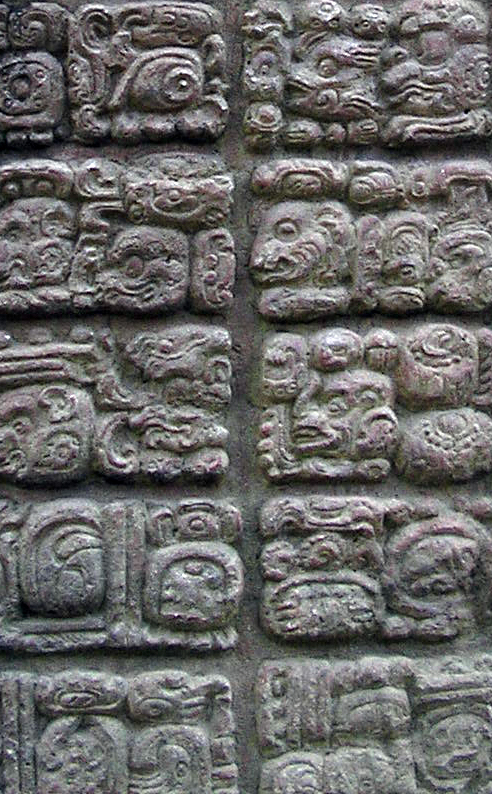 What is the basic message of the gospel? Is there a core essence that can be extracted from all the stories, traditions, rituals, and writings of our faith? To ask the question another way: How can we know which of our practices and beliefs are truly essential to who we are as followers of Jesus, and which can be safely let go of in order to make faith more accessible to everyone?
What is the basic message of the gospel? Is there a core essence that can be extracted from all the stories, traditions, rituals, and writings of our faith? To ask the question another way: How can we know which of our practices and beliefs are truly essential to who we are as followers of Jesus, and which can be safely let go of in order to make faith more accessible to everyone?
This question is explored throughout the Bible. In the Old Testament, the Hebrews learn what it means to be God’s people. God gives them very clear boundaries, a set of rules to live by. At the same time, God also expresses an intention to bless the whole world through an obedient, holy Israel. The Hebrews are called to a special way of life as a people, yet through the prophets they are also taught that God has a plan that embraces all of humanity.
In the New Testament, we see this plan coming to fruition in the person of Jesus Christ. Through his obedient life, selfless death, and amazing resurrection, Jesus breaks down the dividing wall between the holy people of Israel and the rest of the peoples who do not live under the strictures of Torah.
 Almost immediately, early Christian community is confronted with questions about what rules, if any, non-Jewish Christians must conform to in order to be acceptable to God and the community. Must all followers of Jesus keep kosher, be circumcised, and observe the many other laws of rabbinic Judaism? Or has Jesus revealed an even deeper, broader source of salvation that transcends the traditional boundaries of Jewish regulations?
Almost immediately, early Christian community is confronted with questions about what rules, if any, non-Jewish Christians must conform to in order to be acceptable to God and the community. Must all followers of Jesus keep kosher, be circumcised, and observe the many other laws of rabbinic Judaism? Or has Jesus revealed an even deeper, broader source of salvation that transcends the traditional boundaries of Jewish regulations?
Over time, the early followers of Jesus came to understand that the kingdom of God is not food and drink but righteousness and peace and joy in the Holy Spirit. Through the continuing guidance of this Spirit, the Christian community diverged from traditional Judaism by accepting uncircumcised believers who did not stay within the boundaries of ethnic Judaism. For untold billions of non-Jewish Christians, this new understanding has been an immense blessing, removing stumbling blocks that might have held us back from the salvation that we find in Jesus.
Nevertheless, we continue to wrestle with boundaries, and with what the essential message of the gospel is for us today. For example, the early Church, Anabaptists, Quakers, and early Pentecostals, among others, have held that war-making is incompatible with Christian discipleship, yet many other Christians believe that military service can be reconciled with our faith. Is these Christians’ openness to war-making an example of an appropriate broadening of the faith, or does it represent an unfaithful dilution of gospel boundaries?
 There are plenty of other examples. Do we recognize the ministry of women? Do we permit national flags and other state symbols in our worship spaces? Do we embrace LGBT brothers and sisters, and their marriages? Do we condone divorce?
There are plenty of other examples. Do we recognize the ministry of women? Do we permit national flags and other state symbols in our worship spaces? Do we embrace LGBT brothers and sisters, and their marriages? Do we condone divorce?
Different churches and denominations take different stances – or allow freedom of conscience – on these kinds of questions. Regardless of the particular issue, however, the broader question is always one of where the essential boundaries of our faith must lie. Which questions are a matter of personal interpretation, and which are matters of our shared commitment to the gospel?
How does your community discern which beliefs, practices and boundaries are essential to your shared faith, and which are ultimately optional? Can you think of question of faith and practice where disagreement could prevent a person from being invited into membership? How do you find clarity in what is essential, while seeking to put no stumbling blocks in the way of those who are seeking to serve God and follow Jesus?